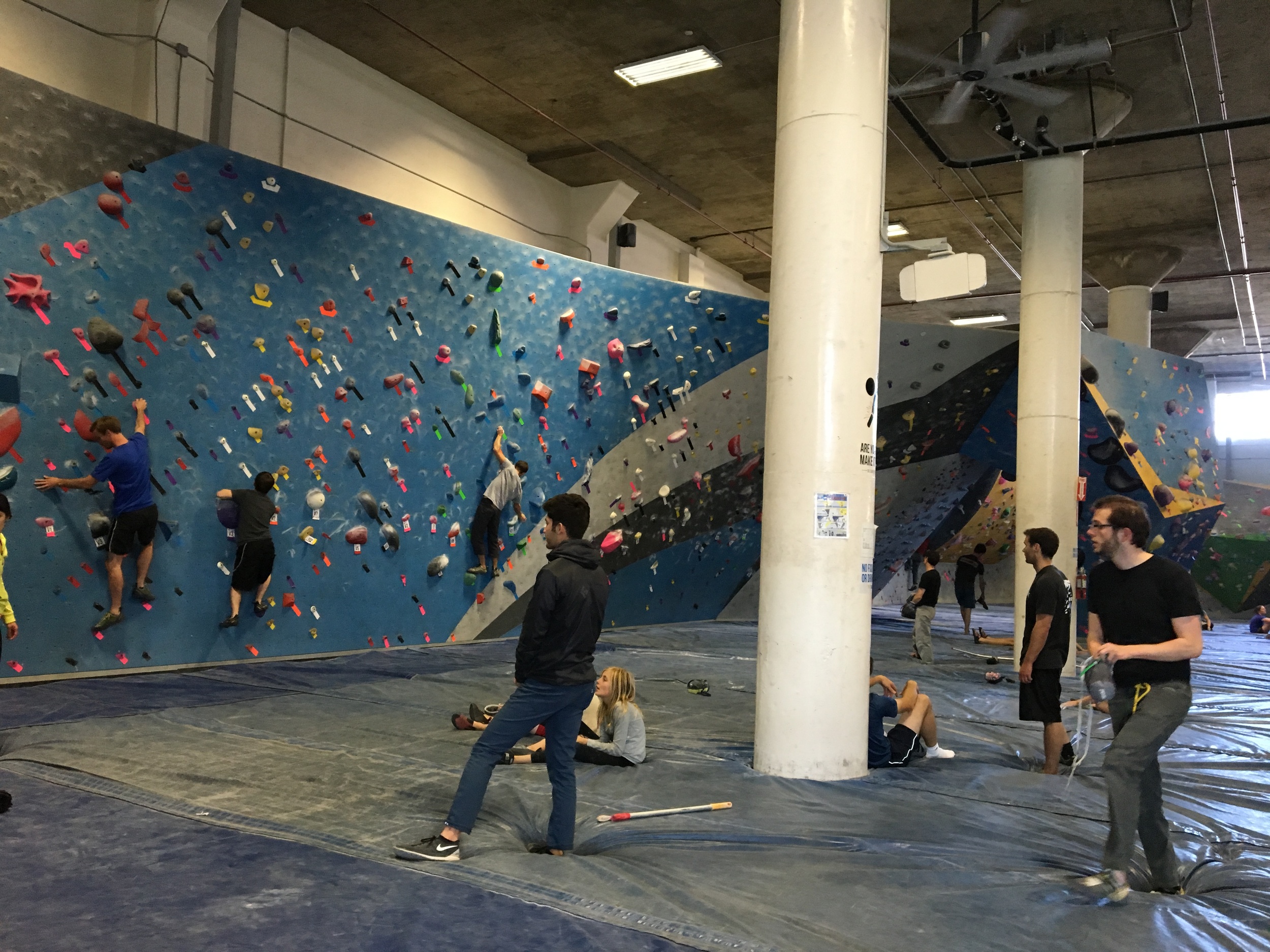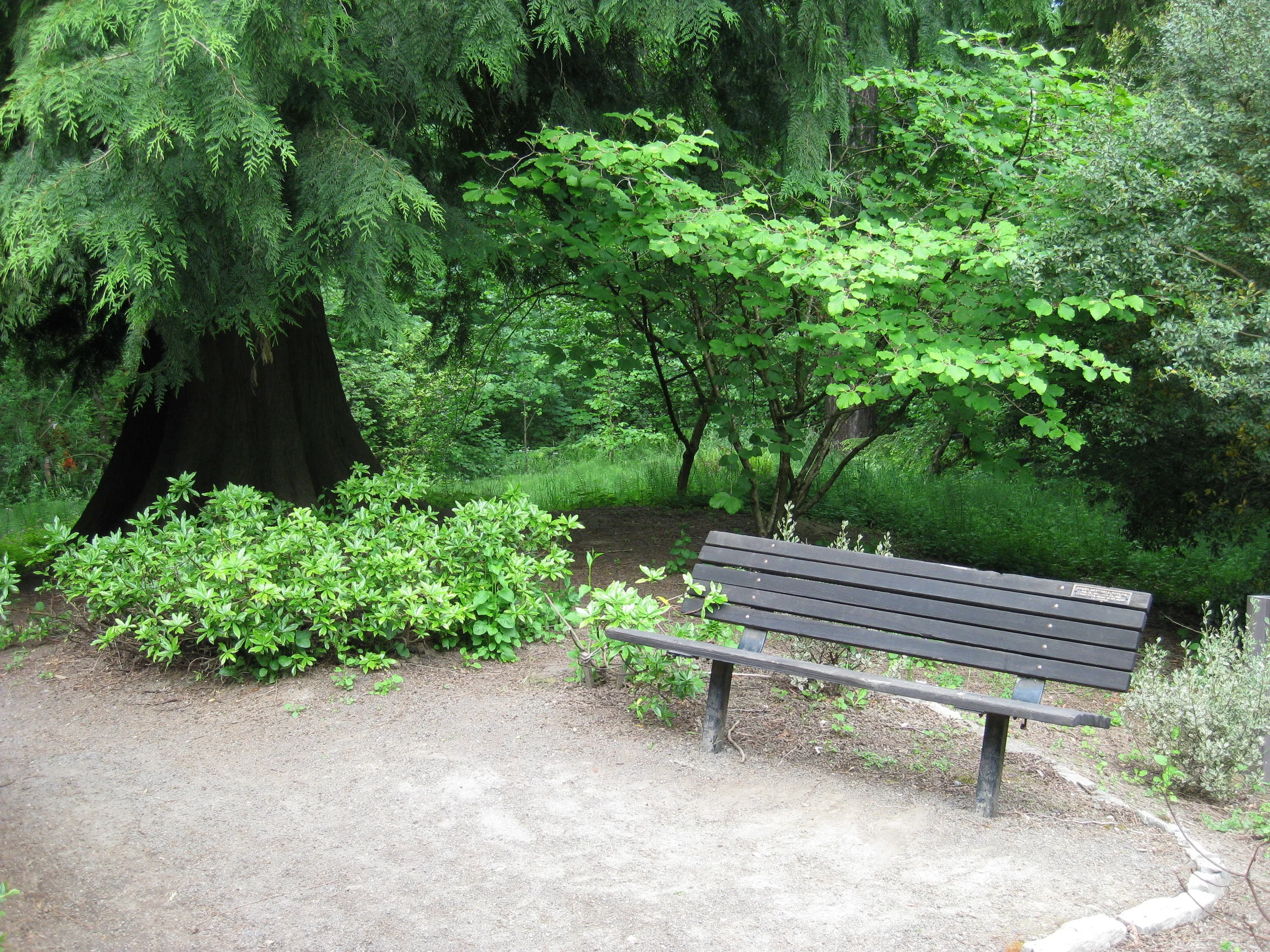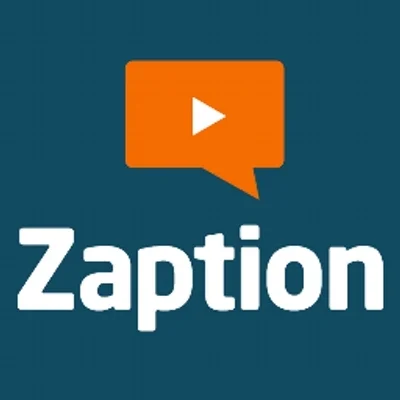Projects
metacognizant (master's project)
Metacognizant is an application integrated into the middle school classroom, designed to foster metacognitive awareness and positive identity development in a conscious manner. Research suggests that by deliberately exposing students to higher-order thinking strategies, we can begin to close the achievement gap in education. Taking advantage of the affordances of technology for efficiency and personalization, Metacognizant engages students in tailored, bite-size tasks (or ‘cogs’) inspired by best practices for teaching and learning. Cogs are structured around concrete artifacts of student learning (including video clips, photos, written work, and class discussions) to help students access these very abstract skills.
Floor It! (technology for Learners)
Autumn 2015
Floor It! is an interactive learning platform that incorporates movement and play to engage students in their learning. Floor It! lessons are aligned with Common Core State Standards for Mathematics and Literacy.
Collaborators: Colin Coltrera, Lena Hong, Open Mind School
Vibe (d.media)
Winter 2016
In the winter quarter, I collaborated on a project with two other LDT students which eventually became their master's project. The project involved measuring student collaboration skills in action using emergent wearable technologies. I prototyped an initial design for the teacher app intended to accompany the student wearables.
Collaborators: Yael Cohen, Lisa Goochee
Learning at Dogpatch Boulders (Learning environments)
Spring 2016
What are the primary strategies that learners employ in the climbing gym environment, and how are they supported both by other learners in the space as well as by the physical environment itself?
A partner and I conducted an ethnographic study of informal learning at a rock climbing (bouldering) gym in San Francisco. Four primary categories of learning strategies emerged from our field notes: learning by doing, self-regulation, observation, and coaching.
Collaborator: Samia Zaidi
CHM Education Center (Designing Learning Spaces)
Spring 2016
The Computer History Museum in Mountain View, CA is in the process of creating a new Education Center space. We had the opportunity to participate in the design process at an early stage and to share our insights with museum staff.
Collaborators: Monica Yupa, Nick Young, Computer History Museum









